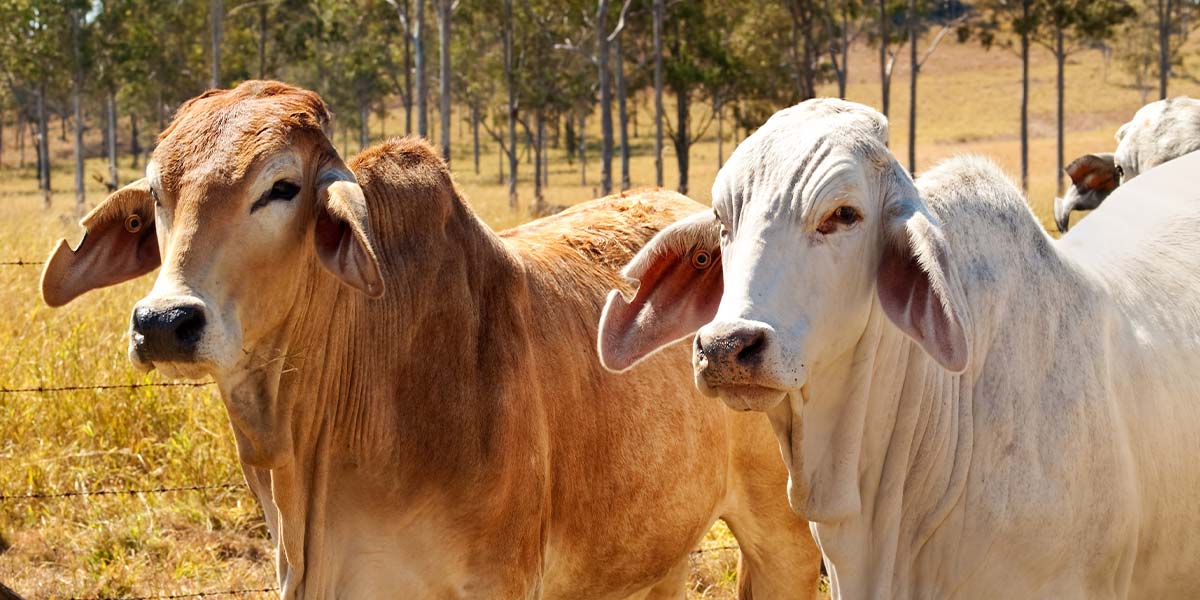As U.S. President Donald Trump imposed a 10% tariff on Australian goods, while criticizing the nation’s import restrictions, Australia’s beef farmers and industry representatives have signaled their intention to pass these tariff costs onto American consumers, potentially driving up burger and steak prices in the U.S.
The effect of the tariff on the Australian market is hardly noticeable, observed Dhugald McDowall of Elders Cleary McDowall at the Southern Regional Livestock Exchange near Sydney. However, he noted the increase could affect the U.S. economy in the short term.
Australia is a major beef exporter, sending AUD 4 billion ($2.52 billion) worth of beef annually to the U.S., which stands as its largest market. In contrast, Australian policy has banned U.S. fresh beef imports due to mad cow disease concerns since 2003, drawing Trump’s criticism.
Australian beef, valued for its low-fat content, is integral to U.S. fast-food chains that blend it with higher-fat U.S. beef to meet USDA regulations capping hamburger fat content at 30%.
The beef sector has been a strategic point in diplomatic negotiations, as Australian trade minister Don Farrell recently suggested higher tariffs could inflate costs for McDonald’s hamburgers—an emblematic brand for Trump who championed it during his campaign.
Australia’s beef is subjected to the same U.S. import tariff as Brazil and Argentina, despite being one of the four largest beef exporters (U.S. included). Since all four exporters were levied at 10%, the tariffs are unlikely to impact trade dynamics, McDowall noted.
Looking ahead, Australia’s Prime Minister Anthony Albanese has committed to supporting industries affected by U.S. tariffs through diversification into alternative global markets.
America’s not the only market, opined cattle farmer James Fitzpatrick, emphasizing that opportunities exist worldwide beyond the U.S. sphere.





